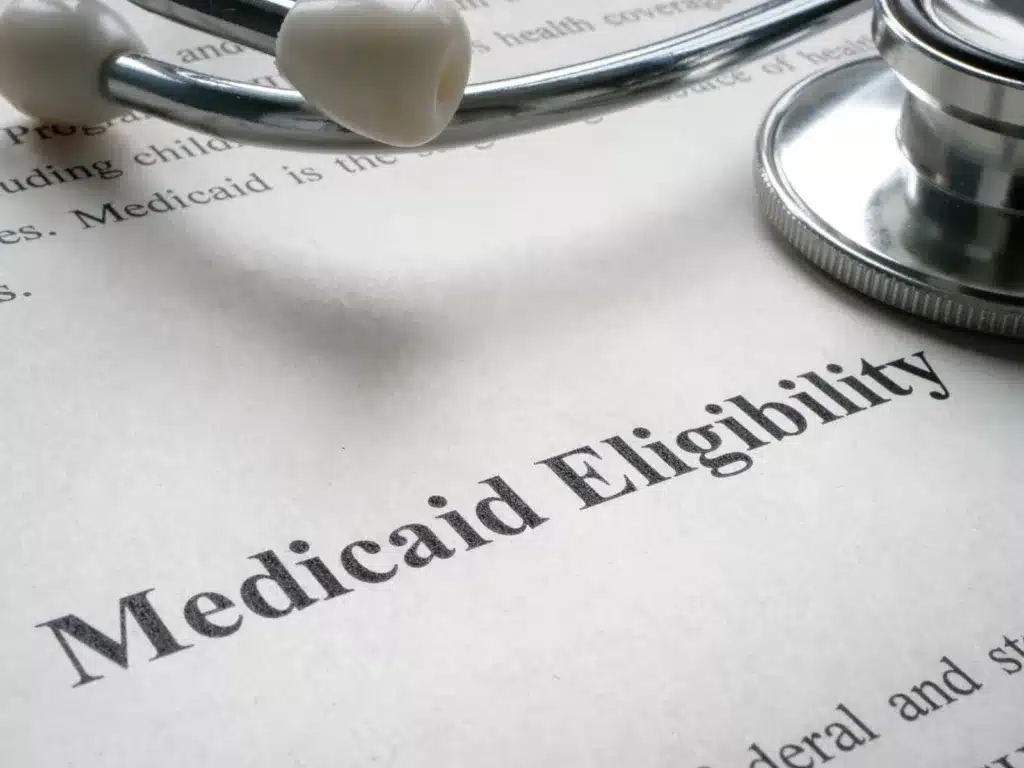What Do You Have to Prove to Obtain Guardianship?
Pursuing guardianship in Florida is a serious and often emotional process. Whether you’re trying to help a vulnerable adult who can no longer care for themselves or a minor who needs legal protection, Florida courts require substantial proof before appointing a guardian.
At RTRLAW, we understand how sensitive and life-changing guardianship proceedings can be. In this article, we’ll explain what you must demonstrate to the court to establish guardianship and how working with an experienced estate planning or probate attorney can make all the difference.
What Types of Guardianship Can You Obtain in Florida?
Before examining the proof required, it’s helpful to understand the different types of guardianship available under Florida law. Each type has unique requirements depending on the person’s age, condition, and needs.
While this list isn’t conclusive, some of the most common types of guardianships include:
- Guardianship of a Minor: Appointed when a child’s parents are deceased, incapacitated, or unfit to care for the child.
- Guardianship of an Adult (Plenary or Limited): Appointed when an adult is deemed incapacitated due to age, illness, injury, or cognitive impairment.
- Voluntary Guardianship: Requested when a competent adult chooses to have someone manage their affairs.
- Emergency Temporary Guardianship: Used in urgent situations where immediate decisions must be made for someone unable to care for themselves.
Each of these categories requires specific evidence and legal steps to initiate and support your claim for guardianship.
What Does the Court Require to Grant Guardianship in Florida?
In general, courts do not appoint a guardian unless it’s absolutely necessary. The burden of proof lies with the person requesting guardianship (the “petitioner”). Here’s what you need to prove:
1. Incapacity of the Alleged Ward
For adult guardianship, the cornerstone of the case is proving that the person in question (the “alleged incapacitated person” or AIP) cannot make decisions or manage their own affairs.
To prove incapacity, you must show that the individual:
- Lacks the ability to make sound decisions regarding health, safety, or finances
- Is unable to recognize or understand their own needs
- May pose a risk to themselves or others without intervention
Supporting evidence may include:
- Medical evaluations or testimony from physicians, psychologists, or neurologists
- Statements from caregivers or family members
- Observations of behavior that demonstrate confusion, memory loss, or poor judgment
The court will appoint a three-member examining committee, including at least one physician, to independently evaluate the individual and report on their capacity.
2. That Guardianship is the Least Restrictive Option
Florida courts are careful to preserve individual rights. You must show that there are no less restrictive alternatives that could meet the person’s needs.
Examples of less restrictive alternatives include:
- Durable Power of Attorney
- Health Care Surrogate Designation
- Trusts
- Supported decision-making arrangements
If any of these are already in place, and working, the court may deny guardianship. You’ll need to explain why these options are insufficient or unavailable.
3. That the Proposed Guardian is Fit to Serve
Even if the court agrees that guardianship is necessary, they won’t appoint just anyone. You’ll need to prove that the person seeking to be the guardian is suitable.
Qualifications include:
- Being over the age of 18
- Having no felony convictions
- Demonstrating the ability to act in the best interest of the ward
- Having no conflicts of interest
The court may also require a background check, credit history, and in some cases, a guardian education course.
Meeting the Burden of Proof for Guardianship Isn’t Always Easy, Let RTRLAW Help
Proving the need for guardianship in Florida isn’t a quick or casual process, and that’s by design. The courts are tasked with protecting not only vulnerable individuals but also their rights and freedoms. That means petitioners must come to court fully prepared, with clear evidence, credible testimony, and a firm understanding of the legal standards involved.
Whether you’re seeking guardianship for a child, an elderly parent, or an adult with disabilities, your success depends on demonstrating three key things: that the person is truly incapacitated, that no less restrictive options exist, and that the proposed guardian is qualified to take on this important role.
At RTRLAW, we can walk you through each step, help build a strong case, and ensure your petition stands up in court so you can focus on doing what’s right for your loved one.
What are the Six Steps to The Guardianship Process?
Once you’ve determined that guardianship is necessary, it’s important to understand how the legal process works in Florida. Guardianship cases involve a series of structured steps designed to protect the rights of the individual while ensuring proper care and oversight. While the process can seem intimidating at first, having a clear roadmap can help you feel more confident as you move forward.
To better understand what to expect, here’s a general outline of the guardianship process in Florida:
- File a Petition for Determination of Incapacity: This formally asks the court to evaluate the person’s capacity.
- File a Petition for Appointment of Guardian: This requests the court appoint a specific individual as guardian if the ward is found incapacitated.
- Court Appoints an Examining Committee: Three professionals independently evaluate the alleged incapacitated person and submit a report to the court.
- Hearing on Incapacity and Guardianship: The judge reviews the reports, listens to testimony, and determines whether the person is incapacitated.
- Guardianship Plan Filed and Approved: If guardianship is granted, a plan must be submitted showing how the guardian will care for the ward.
- Ongoing Court Oversight: Guardians must file annual reports detailing finances, well-being, and care decisions.
Florida’s guardianship process is intentionally thorough to protect the vulnerable and ensure that the court’s decisions are well-informed. While the system may feel complex, it’s designed with the ward’s best interests in mind; from the initial evaluation to long-term oversight.
By working with a knowledgeable guardianship attorney at RTRLAW, you can navigate each step with clarity and confidence. We’ll help you prepare the necessary filings, represent you in court, and ensure compliance with all legal requirements, so you can focus on providing care and stability for your loved one.
Why Choose RTRLAW for Guardianship Matters?
Seeking guardianship isn’t just paperwork. It is really about protecting someone who can’t protect themselves. At RTRLAW, our experienced probate and guardianship attorneys take that responsibility seriously.
We help clients:
- Navigate complex guardianship filings
- Gather and organize necessary documentation
- Represent them at hearings
- Prepare court-mandated plans and reports
- Ensure guardianship remains compliant over time
We understand the emotional weight and legal challenges involved and we’re here to make the process as smooth and effective as possible.
If you need help with a guardianship case in Florida, call 833-HIRE-RTR or fill out our online form to schedule your FREE consultation with our guardianship attorneys today.


 CALL US NOW
CALL US NOW TEXT US NOW
TEXT US NOW



























